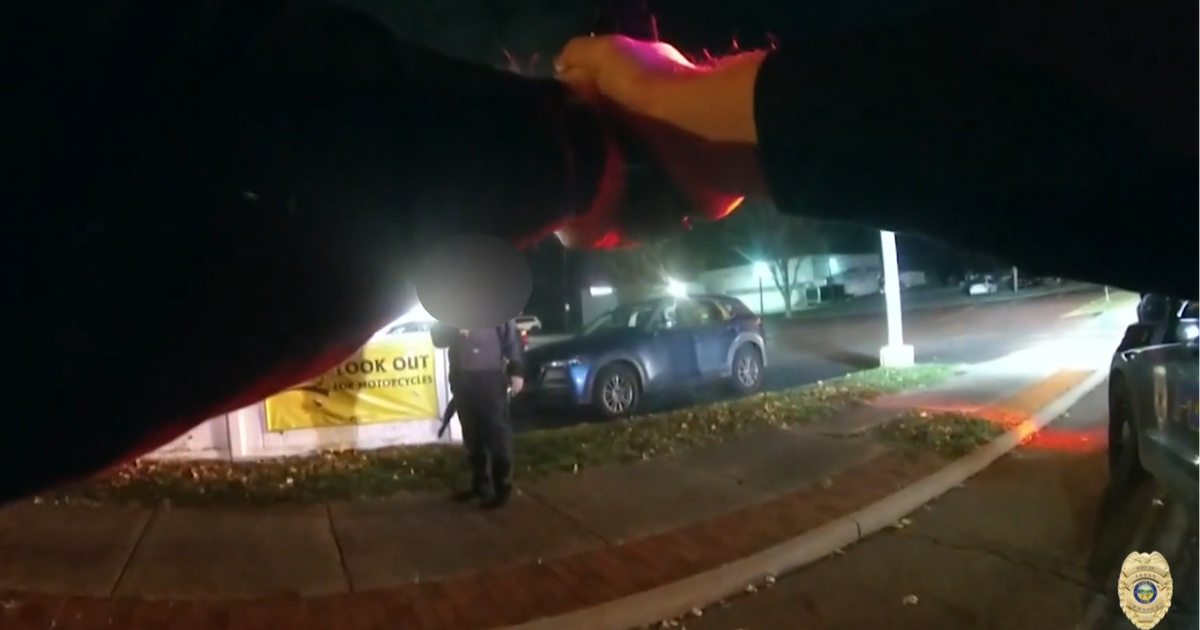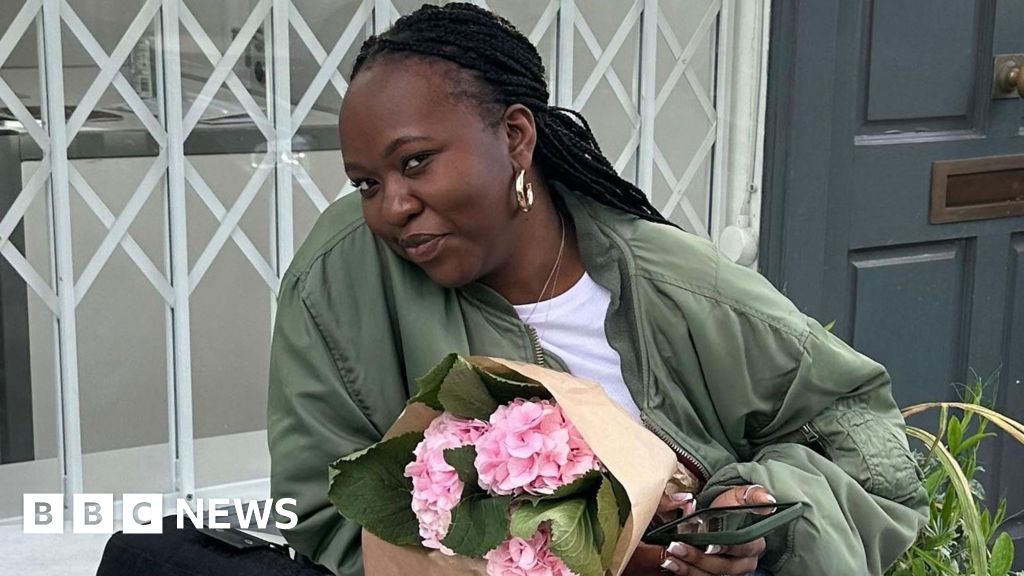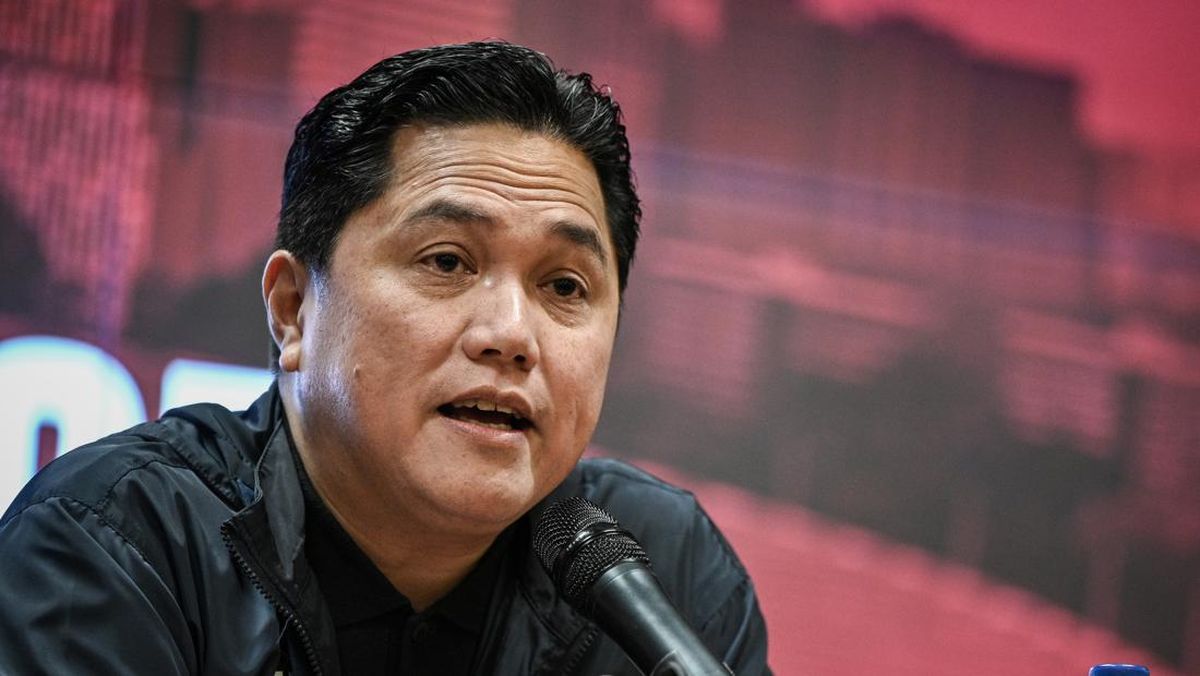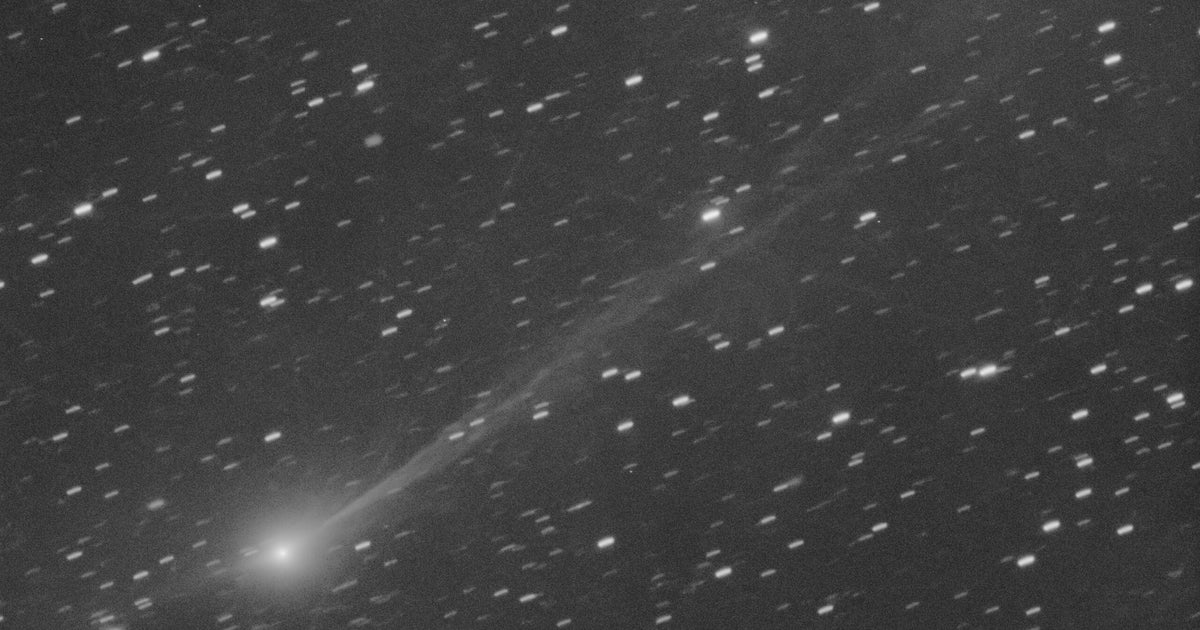Scarlett Johansson was 12 when she was cast as Grace MacLean in The Horse Whisperer, directed by and starring Robert Redford. It was Johansson’s seventh feature, but it was Redford who set her on the road as an actor. “He was such a warm, kind, patient, generous, wonderful man,” she told late-night TV host Stephen Colbert, just after Redford died in September.
“I got to work with him as an actor, which was extraordinary. But as a director, he would talk me through every scene we did, what my character had been through up to that point. It was like he had all the time in the world to do that.
“That was transformative for me. I had an understanding that this is a craft and something you get better at, the more you put into it.” At the same time, she was watching what he did on set. “He would have those intimate conversations with me and then he would be co-ordinating a huge scene with the [first assistant director] and our [director of photography] and I thought ‘that job seems pretty interesting. I’d like to do that job someday’.” It became her game plan. “I thought I would act until I was an adult, then I would direct.”

Scarlett Johansson and Robert Redford in The Horse Whisperer.
Johansson is now 40, with films behind her ranging from independent hits – Sofia Coppola’s Lost in Translation, Noah Baumbach’s Marriage Story, the recent films of Wes Anderson and Taika Waititi’s Jojo Rabbit – to the blockbuster series Iron Man and The Avengers, in which she plays Black Widow. A turn in the new Jurassic Park film, Jurassic World: Rebirth, is coming up next.
She has been nominated twice for an Oscar and won a Tony for her Broadway performance in Arthur Miller’s A View from the Bridge. As of now, she is the highest-grossing lead actor in Hollywood. In 2017, she co-founded production company These Pictures. She has been married three times and has two children.
With all that, it took decades for her to circle back to that early ambition and make Eleanor the Great, her first feature, starring the indisputably great 96-year-old actor June Squibb. Even then, she hadn’t planned for it; her dream of directing was on hold.
“I deferred a year at film school here in New York,” she says over Zoom. “Then I didn’t go, partly I think because it felt like I was doing the work, having a hands-on, lived-in experience. And there was so much opportunity to do that, I was like ‘I need to follow this’. I think I became more interested in understanding my job as an actor on a different level, and that just took precedence.

June Squibb in Eleanor the Great.Credit: Jojo Whilden
“And then, when I started producing, I was like, who would ever want the job as director? It’s like you have to answer every question; you’re sorting out problems all day. It’s just really burdensome. But I guess also a part of me was [saying] ‘well, if something that really struck me that I had a point of view on, that was something I knew how to make some version of, then I’ll keep that window open’.
“That’s when this film found me. It just felt like the right project. And the right time in my life, too. I don’t think I could have directed something 10 or 15 years ago. I don’t think I would have had the confidence.”
Tory Kamen’s script had been circulating for eight years when it landed on Johansson’s desk. She cried when she read it. “That almost never happens,” she said later. “Sometimes a script will move you like that, which is extraordinary.” Many of her own relatives died in the Warsaw Ghetto; here was a story she wanted to help tell. June Squibb was already attached, which gave the project a certain urgency.
“I had a clock because June was 94,” she told Deadline magazine. “She was feeling up for making the movie, and I knew it would be a lot of work for her.” She resolved to start shooting within a matter of months, during which time the script was rewritten and the various producers scrambled for finance. “That was very stressful, like crazy, crazy stressful. It fell apart a thousand different times.” Then Sony Pictures Classics stepped in. Eleanor the Great was up and running – as fast as possible.
The film is an old-school indie dramedy about grief, friendship, memory and the Jewish experience. Since their respective husbands died, Eleanor – a sassy Brooklyn broad – and her best friend Bessie (Rita Zohar), who fled the Holocaust and still has a thick Central European accent, have been sharing a one-bedroom flat in Florida. They are boon companions. At night, they snuggle down in their twin beds like Teletubbies; during the day, they have a fine old time lambasting young shop assistants and ranting at the news.

Eleanor (June Squibb) and her daughter Lisa (Jessica Hecht) have a tense relationship.Credit: Sony Pictures Classics
When Bessie dies suddenly, cantankerous Eleanor is obliged to move in with her high-flying daughter in New York, an arrangement guaranteed to enrage both of them. Lisa (Jessica Hecht) packs her mother off to the local community centre to a singing class that she promptly ditches, wandering instead into a meeting of Holocaust survivors. These people are just like Bessie. In this room, she feels at home, even though she can’t legitimately claim the single qualification for membership.
Loading
Age has, however, liberated Eleanor from most qualms. When asked to share, she tells what she remembers of Bessie’s story, whetting the interest of Nina (Erin Kellyman) a young creative writing student sitting in as an observer. Nina’s father Roger (Chiwetel Ejiofor) anchors a popular TV show about life in New York City; when he reads Nina’s interviews with Eleanor, he thinks she would make a good story. The stage is set for a cascade of complications.
Altogether, it is a New York story that feels grounded in its home turf. Kamen had modelled Eleanor on her own grandmother, but Johansson recognised her immediately. Her own grandmother, she says, was “a very vibrant person, very opinionated; she was curious about everything, she read the newspaper every day. She was very passionate about community and about politics, she was a proud Democrat, a lover of all of the arts.” She would also haul her granddaughter around whatever free arts programs were available in New York. “I had such a close friendship with her, we were really besties.”
The Holocaust survivors’ group and the congregation at their local temple are not actors. Johansson consulted the Shoah Foundation – an organisation founded by Steven Spielberg, dedicated to recording the experiences of Holocaust survivors – about the script. They loved it, seeing it as an act of testimony, and helped find real survivors who were keen to be involved with the film. Hecht brought in other survivors she knew through New York’s Jewish community. Still more came through Rodeph Shalom, the temple where they shot one of the film’s key scenes.
“It was really extraordinary bringing that group of people together,” says Johansson. “They didn’t know one another and they were all sharing their stories – amazing stories of strength and resilience. And it was amazing how patient everybody was, how warm, how encouraging – it was just really special.”

Erin Kellyman (right) plays aspiring writer Nina in Eleanor the Great.Credit: Sony Pictures Classics
Not everyone saw the finished film in the same light; when it screened at the Cannes Film Festival, a few critics were offended by the idea that anyone could appropriate Holocaust memories. “Yes. It’s interesting to have feedback from the Jewish community,” says Johansson, cautiously. “I hope that by the end of the film, the audience has compassion and empathy for Eleanor’s circumstances. The film is about and celebrates remembering, certainly.”
Directors, of course, have to take that rough with the smooth. It turned out, Johansson laughs, that making a film was even more draining than she had feared. “It’s so much more than you can imagine: it’s pretty wild. I was under the illusion that OK, I won’t be in hair and make-up for two hours each day, so I’ll have much more time to problem-solve and think about my day. And that’s not true, because you’re there before any actor steps into that trailer, saying ‘where do we put the camera?’ So those plans went out the window.”

Scarlett Johansson on the set of Eleanor the Great, her directorial feature debut.Credit: Sony Pictures Classics
Not many directors, however, have to allow for the fact that the leading lady is in her 90s. “There are definitely some unique challenges to that,” Johansson says. “June is a very committed professional and she is an extraordinarily agile actor. It was such a pleasure to work with her, for everyone. But, you know, she has mobility issues; she walks with a cane.” As a result, Eleanor has a cane too.
“I wanted her to be comfortable. So there’s that. But she also works 10 hours a day, which is very respectable, but you have to fit around those hours. And you can’t insure a film where the lead actor is 94.” There was a testing time in the middle of the shoot when Squibb came down with bronchitis. “She was fine – she is very hardy – but she lost her voice. It was like my worst nightmare! But you have to be more considerate of certain things.”
Squibb has more than 80 years in this business. Johansson, she told Deadline, is a strong character. “Scarlett doesn’t ask for approval. She doesn’t, and she shouldn’t. None of us should. If we are working, we’re working, we’re where we are because we deserve to be where we are. And I think it is so important that she knows her worth as a person. It has nothing to do with being an actress, but she knows who she is.”

Scarlett Johansson (right) with her stars June Squibb (centre) and Erin Kellyman.Credit: NYT
Johansson is, after all, the woman who sued Disney for breach of contract, then continued to work with them once the matter was settled. Then, when OpenAI launched a voice system using a voice she said was “eerily similar” to her own in Spike Jonze’s 2013 film Her, she went public with a demand that they take it down. They did.
That is very much the New York spirit; no wonder Johansson responded to brassy Eleanor. She also loved filming her own version of her city, “having walked these streets a gazillion times, you know” and working with a local crew. I had never noticed her crackling Noo Yawk accent before this interview; the more she talks, the more she sounds like a character from a Scorsese film. Not that New York was an easy location, even for her: the locals’ hard-bitten indifference to celebrity makes the city a comparatively easy place to live if you’re famous but still want to do the school run, but it also makes filming in their midst that little bit more difficult.
Loading
“You’re hoping people will co-operate and sometimes they don’t. Life is happening regardless of whether you’re shooting a movie or not. It’s tough when you’re in a very busy, buzzy, loud city; there are a lot of distractions. Making a movie, everyone needs to be concentrated in this shared goal: making this impossible thing happen.” Some of The Avengers had been filmed in New York, so she knew from experience they might be besieged by paparazzi.
“But we had relative peace. We shot in the outer boroughs, so we were a little bit out of the way, in the winter post-holiday season so it was less of a scene. And I think we just kept a small footprint, which served us.”
For all the difficulties, she says, it was a great experience. She would love to do more; she would like to make large-scale films as well as personal stories like this one, as long as the characters felt real. “I like the complications of human behaviour. I’m interested in all the grey areas of that,” she says. If only Robert Redford, that kind and generous director, were still around to hear that. Little Scarlett has done him proud.
Eleanor the Great is screening at the Jewish Film Festival, and is in general release from November 27.
Must-see movies, interviews and all the latest from the world of film delivered to your inbox. Sign up for our Screening Room newsletter.


















































